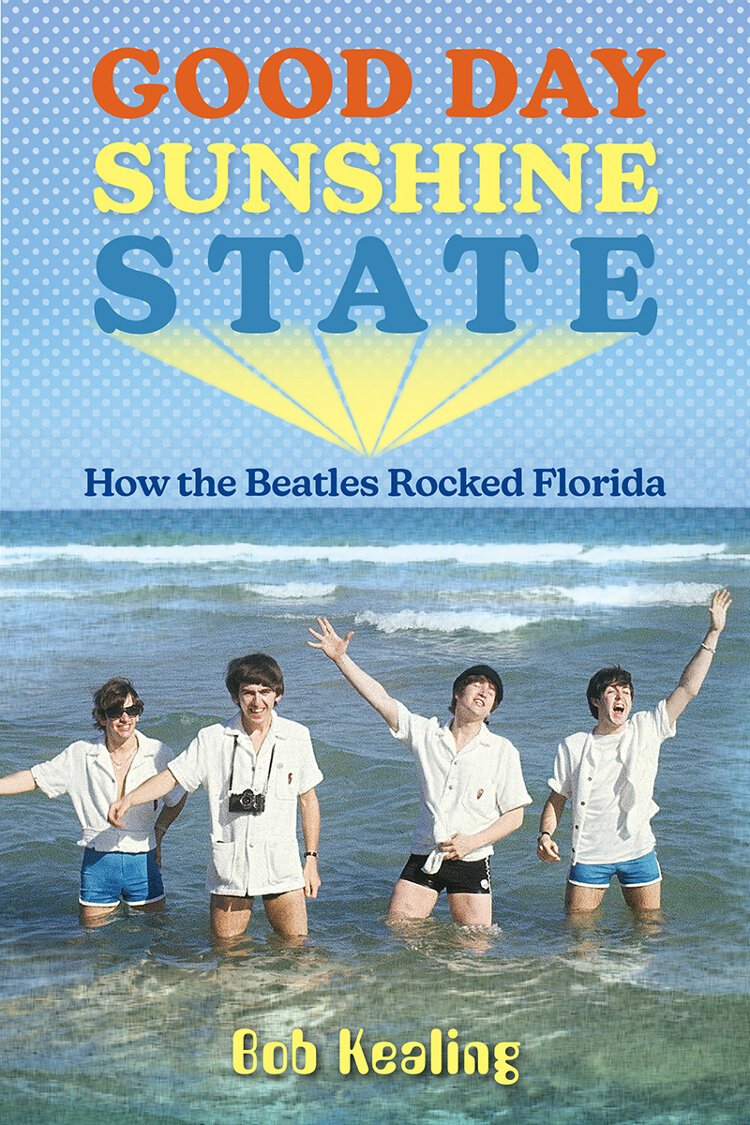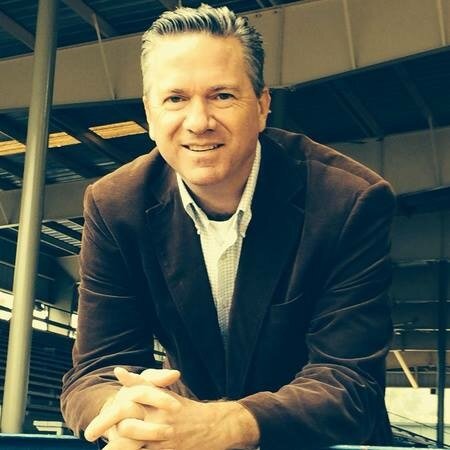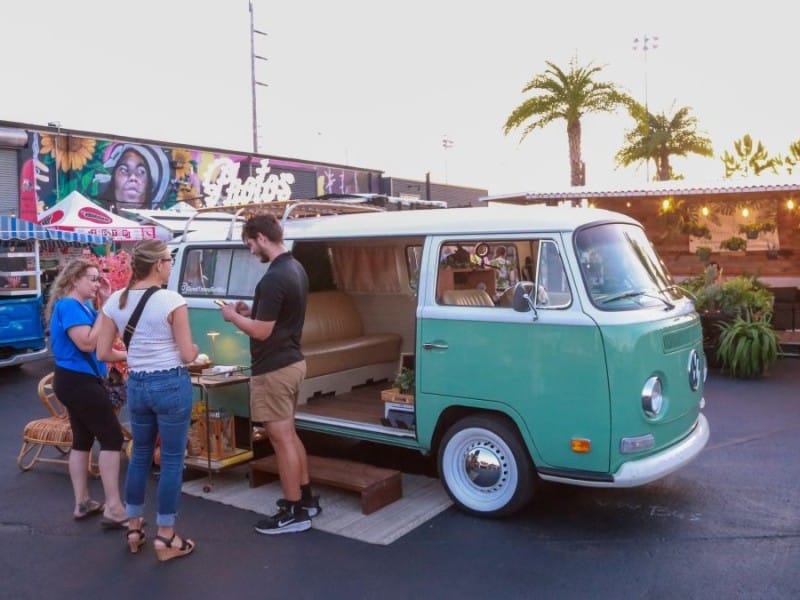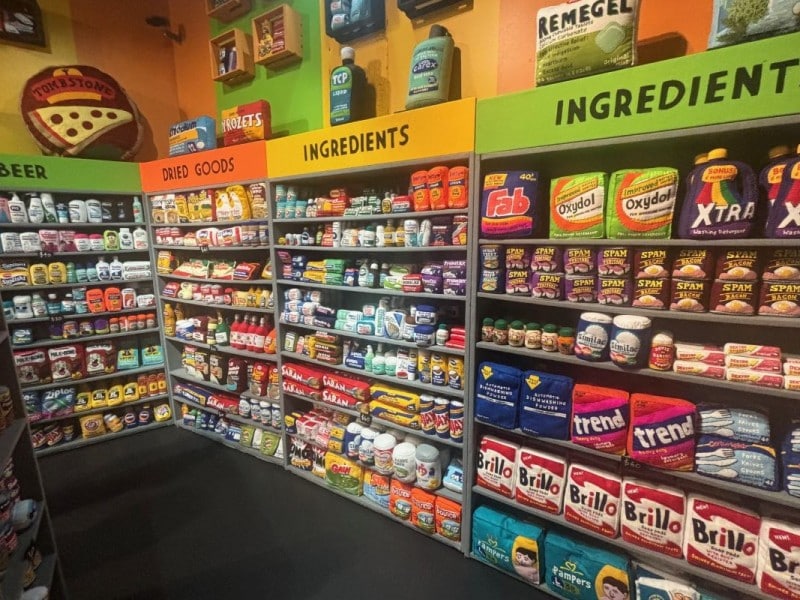Book Excerpt: Good Day Sunshine State by Bob Kealing
In "Good Day Sunshine State," author Bob Kealing tells the story of the Beatles' 1964 trip to Florida and its lasting impact on the Sunshine State.
Excerpted from “Good Day Sunshine State: How the Beatles Rocked Florida” by Bob Kealing. Gainesville: University Press of Florida and Florida Humanities, 2023. Reprinted with permission of the University Press of Florida.
In early November, Epstein pounced on this career-making opportunity. He caught a flight to New York and negotiated a ten-thousand-dollar-payment-plus-expenses deal for the Beatles to make Ed Sullivan Show appearances in New York and Miami — two live and one taped. By comparison, in 1956 Elvis was paid more than double that amount. Epstein was willing to take less money in exchange for the Beatles being given crucial, prominent billing. After all, as George had seen for himself in September, America didn’t know them. Sullivan came to that same realization upon his return stateside and immediately had second thoughts about the booking. “I found out that apparently my wife Sylvia and I were the only people in the country who’d even heard of the Beatles,” the host remembered. “I was very worried.” Thanks to serendipity and Epstein closing the deal, the Beatles’ coming-out party in America would be as big as it could possibly be.
Building on that momentum, Epstein met with Capitol Records and convinced their public relations people to mount an all-out blitz to promote the Beatles’ upcoming US appearances. All of that came just before “I Want to Hold Your Hand” was loosed on the youth of America at Christmastime. Young people like John Trusty, Kitty Oliver, and Tommy Petty were already looking for something to get excited about. With Epstein pulling the strings, the Beatles were set to appear before a larger audience — more than seventy million viewers — than most of their contemporaries would have in their entire careers. Then they had the great fortune to have the same massive television audiences for their second and third appearances.
The historic events included a Beatle residency in Florida as performers, then as tourists. Once their professional obligations were over, they devoured all the trappings of beach life in winter: sun, sand, women, celebrities, convertibles, fantastic yachts, and opulent homes. For a group of skinny, pale, mop-topped, chain-smoking Brits from working-class Liverpool who’d paid plenty of dues to reach this new career threshold, it was their awakening to all America had to offer. It was also a rare opportunity to spend quality time in one place, sunny Florida, time they would not have anywhere else in America that year, as their careers skyrocketed and they embarked on an unprecedented North American tour. That remarkable tour would bring the Beatles back to Florida for an unscheduled visit to Key West, then on to Northeast Florida, where weeks earlier, MLK’s ideology of nonviolent protest had been put to a severe test. By then the Beatles, too, were doing their part to ensure social justice prevailed.
At the start of a year like no other for the Beatles and fans who fell in love with them, John, Paul, George, and Ringo needed to achieve one more goal they’d set, before meeting their American destiny. In 1964, Floridians bore witness to three stages of the Beatles’ remarkable impact: innocence, influence, and activism.
Author Bob Kealing is scheduled to speak at the St. Petersburg Museum of History as part of the Happy Hour with the Historian series from 6 p.m. to 8 p.m. on April 13th. The program is sponsored by Southern Roots Realty.














